Top Lists
Famous Political Leaders who were Assassinated
Assassinations typically include the killing of a well-known celebrity, politician, religious leader, or king. Typically, there is a clear reason in…
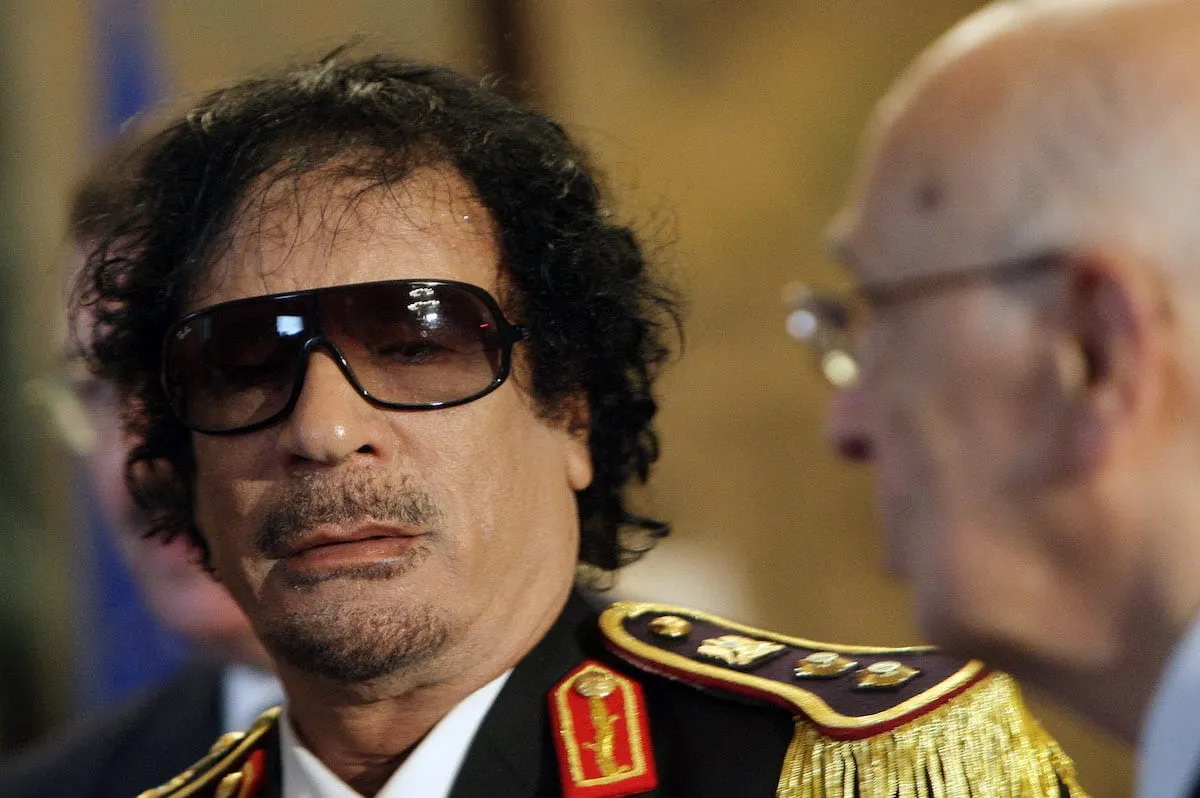
Assassinations typically include the killing of a well-known celebrity, politician, religious leader, or king. Typically, there is a clear reason in assassination instances, such as jealousy, political or religious idealism, contract killing, retaliation, etc.
The assassination of a president, prime minister, king, or other prominent figure can have a tremendous impact on an entire nation. As the globe entered the modern era, the murdering of influential people started to be utilized for political symbolism, such as in the propaganda of the deed, rather than only as a weapon in power battles between rulers.
A nation can occasionally experience what psychologists refer to as a “Traumatic memory” after witnessing a leader’s murder that was extremely shocking and disturbing. When they heard their leader had been killed, many people will never forget where they were and what they were doing.
1. Abraham Lincoln: USA
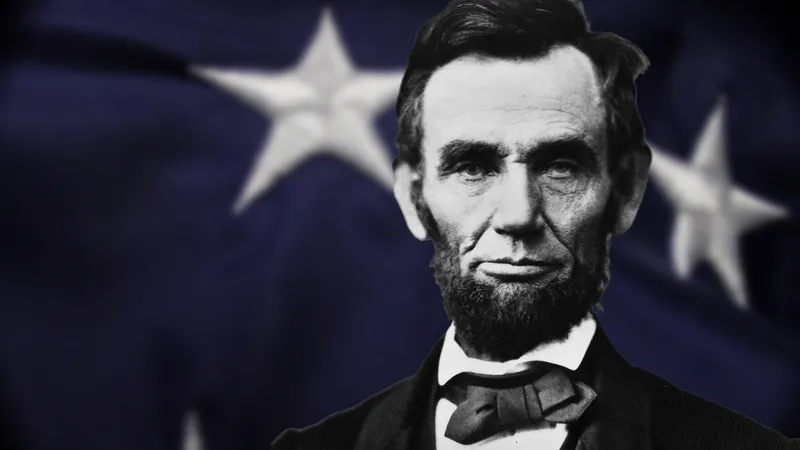
political leaders who were assassinated
As the 16th president of the United States (1861–65), Abraham Lincoln, well known by his nickname Honest Abe, worked to keep the Union together during the American Civil War and to free the slaves. Lincoln continues to be one of America’s most popular leaders among both citizens of the United States and people from other countries. His fascinating life story—his climb from poor beginnings and tragic death—as well as his distinctly human and kind nature, as well as his historical roles as the Union’s saviour and the slaves’ emancipator, all contribute to his personality.
Late in 1861, the Trent Affair, a potential war with Britain, was successfully diffused by Lincoln. Through rhetoric and speeches, Lincoln was able to successfully mobilize the populace; his Gettysburg Address (1863) went on to become a famous representation of the nation’s responsibility. Lincoln had a moderate view of Reconstruction at the end of the war and aimed to hasten the process by pursuing a generous reconciliation program. Scholars have generally rated Lincoln as one of the best American presidents.
President Abraham Lincoln was killed by John Wilkes Booth, a member of one of the most prominent performing families in American history. On April 14, 1865, Booth was informed that the president would be attending an evening performance of the play Our American Cousin at the nation’s capital’s Ford’s Theatre. William Seward’s murder was one of the tasks that Booth quickly gave to each member of his band after hastily assembling them. He would assassinate Lincoln himself.
The presidential box’s outside door was tampered with by Booth so that it could be jammed shut from the inside as he entered the empty theatre at around 6:00 p.m. When he came back, Lincoln and his companions were unattended during the third act of the performance. Booth pulled a gun from his pocket as he entered the box and shot Lincoln in the head. On the morning of the following day, Lincoln passed away.
2. Mahatma Gandhi: India

political leaders who were assassinated
Mohandas Karamchand Gandhi, also known as Mahatma Gandhi, was a political activist and spiritual figure from India who rose to prominence during the British Raj. When the emaciated Indian holy man was shot dead on the streets of New Delhi by a university student turned activist, it was a terrible blow not only to India but to the entire globe because he was the voice of non-violence in a violent world.
His methods of helping the needy and using nonviolent resistance provided a model for peaceful change, and his ability to influence both Hindus and Muslims equally made it possible for peace of a sort to exist in his war-torn country. If there is anything good to be said, it is that it was lucky that his attacker was a fellow Hindu.
Gandhi was shot on January 30, 1948, as he was on his way to a stage from which he would address a gathering of worshippers. Nathuram Godse, the assassin, was a Hindu nationalist with ties to the radical Hindu Mahasabha, which blamed Gandhi for weakening India by demanding payment from Pakistan.
3. Tsar Nicholas II
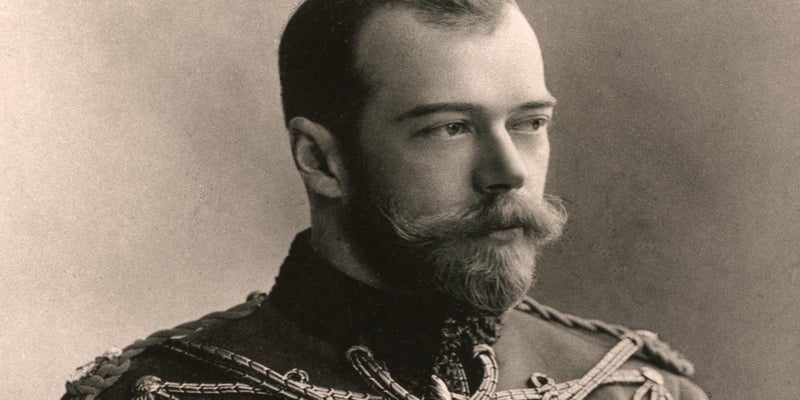
political leaders who were assassinated
The Bolsheviks executed Nicholas Romanov, the last Russian emperor, and his entire family in prison because of how he handled “Bloody Sunday,” when hundreds of people died in a stampede during a royal event, and because of Russia’s involvement in World War I, which resulted in the deaths of hundreds of thousands of Russians. After the family passed away, the royal line was broken, and the Soviet Union was formed.
4. Indira Gandhi: India
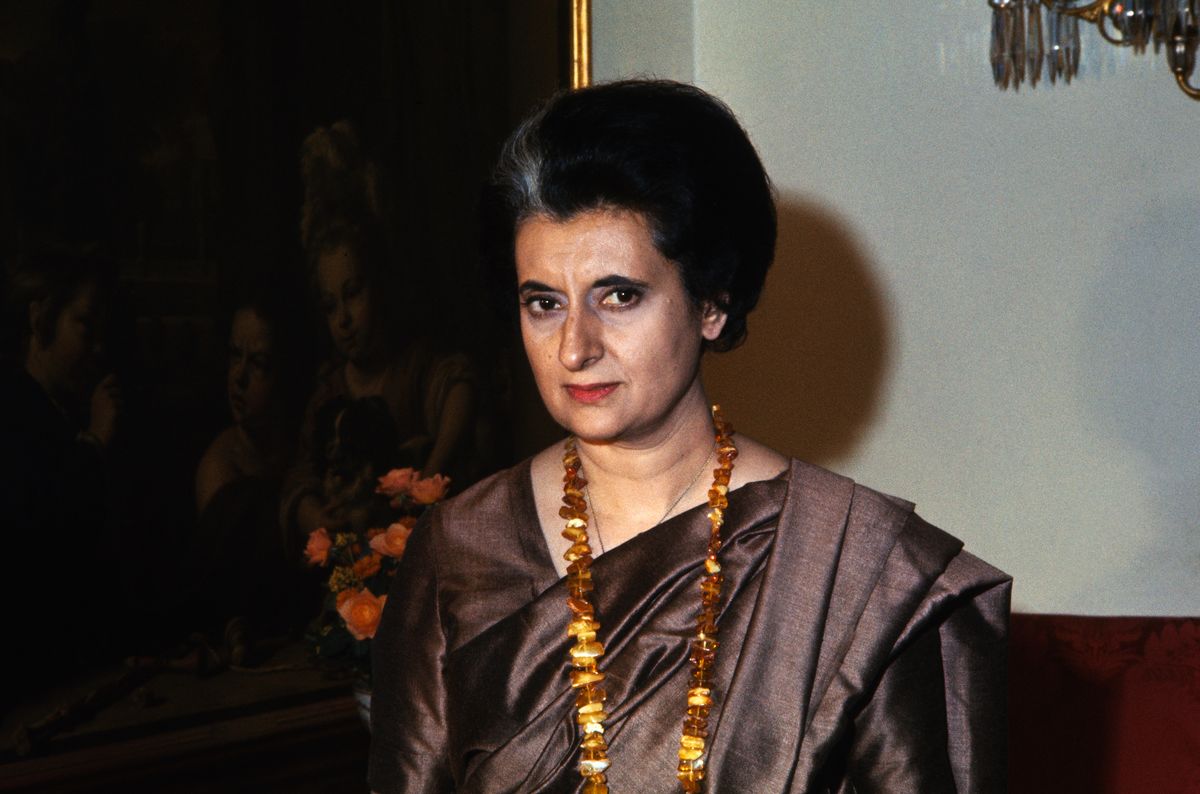
political leaders who were assassinated
For three consecutive terms (1966–1977) and a fourth (1980–1984), Indira Priyadarshini Gandhi, an Indian politician, held the position of third Prime Minister of India. Gandhi, who succeeded Sirimavo Bandaranaike of Sri Lanka as the second female head of state in the world, continues to hold the record for the second-longest tenure of any female prime minister till 2012. As India’s first female prime minister, Indira made a tremendous history.
In addition, Indira was the only Indian prime minister to be imprisoned after taking office and the only one to declare a state of emergency in order to “rule by decree.” On October 31, 1984, at the Prime Minister’s Residence at No. 1, Safdarjung Road in New Delhi, she was murdered around 9:20 AM. After Operation Blue Star, two of her Sikh bodyguards—Satwant Singh and Beant Singh—killed her.
5. Muammar Gaddafi: Libya

political leaders who were assassinated
Gaddafi was a revolutionary, politician, and political theoretician from Libya. He oversaw the governing of Libya from 1969 to 1977 as Revolutionary Chairman of the Libyan Arab Republic, and from 1977 to 2011 as “Brotherly Leader” of the Great Socialist People’s Libyan Arab Jamahiriya. Although he ultimately came to reign under his own Third International Theory, at first he was ideologically devoted to Arab nationalism and Arab socialism.
Protests against pervasive corruption and unemployment erupted in eastern Libya during the 2011 Arab Spring. As the situation deteriorated into a national war, NATO engaged militarily on behalf of the National Transitional Council (NTC), a group opposed to Gaddafi. Gaddafi fled to Sirte after the government was ousted. During the Battle of Sirte on October 20, 2011, Gaddafi was caught and killed. West of Sirte, National Transitional Council forces discovered Gaddafi hiding in a culvert and took him into custody. Shortly after, he passed away.
6. John F. Kennedy: USA
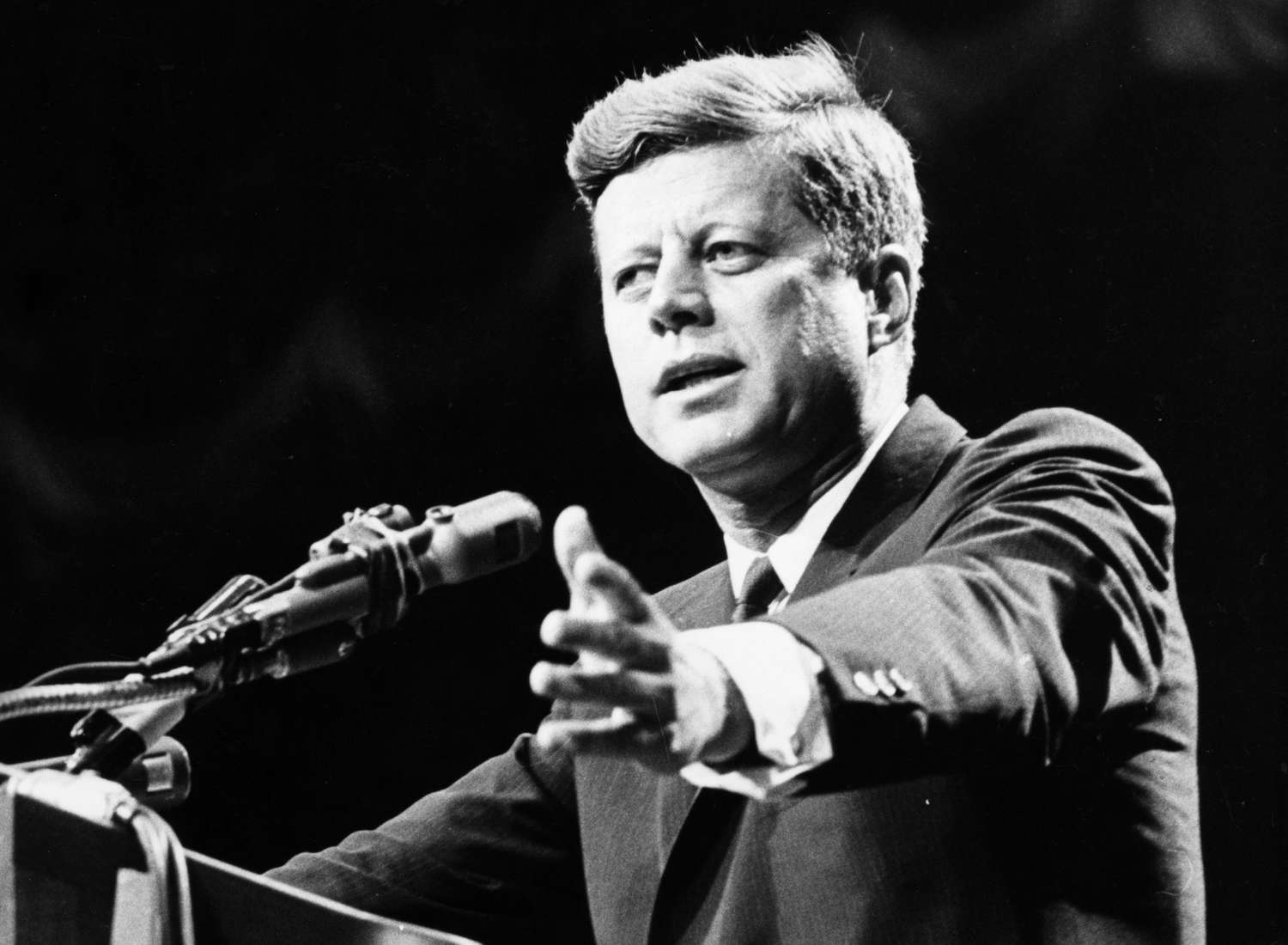
political leaders who were assassinated
John F. Kennedy was the 35th president of the United States (1961–63). He was the youngest man and the first Roman Catholic ever elected to the presidency of the United States, he faced a number of foreign crises, especially in Cuba and Berlin, but managed to secure such achievements as the Nuclear Test-Ban Treaty and the Alliance for Progress. He was assassinated while riding in a motorcade in Dallas. His administration lasted 1,037 days. From the onset, he was concerned with foreign affairs.
President John F. Kennedy is thought to have been killed by Lee Harvey Oswald. According to history, Oswald is said to have fired three rounds with a mail-order rifle from a window on the sixth floor of the depository building at 12:30 pm on November 22, 1963, striking Texas Governor John B. Connally and killing President Kennedy in an open-car motorcade in Dealey Plaza.
7. James Garfield: USA
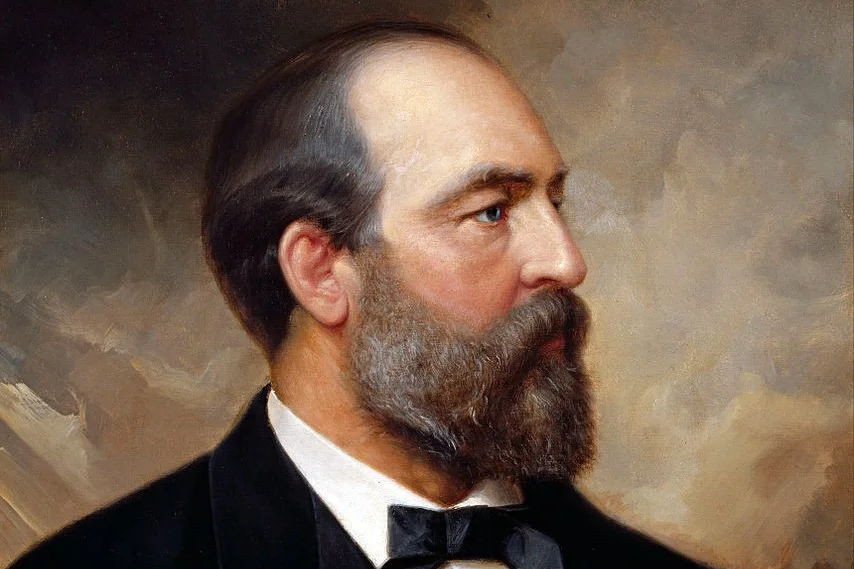
political leaders who were assassinated
In terms of time in office, James A. Garfield, the 20th president of the United States (March 4-September 19, 1881) had the second-shortest term. Significant constitutional issues arose on who should successfully execute the presidency’s duties after he was shot and rendered incapable of doing anything. Charles J. Guiteau, a frustrated office seeker with messianic desires killed Garfield on July 2, 1881, at the railroad station in Washington, D.C., only four months after taking office. Guiteau was en route to see his wife, who was seriously ill, in Elberon, New Jersey.
8. Martin Luther King Jr: USA
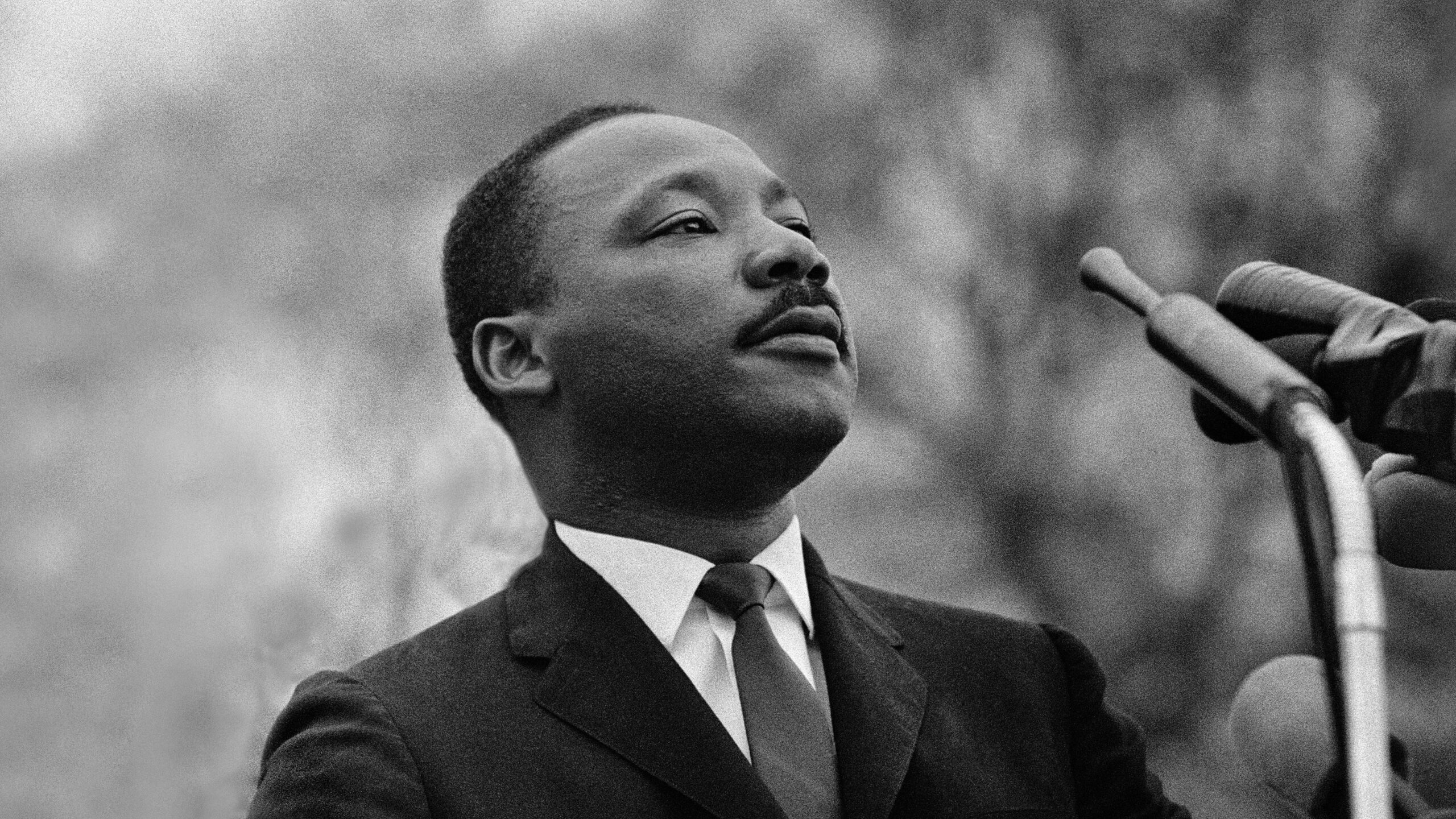
Baptist clergyman Martin Luther King Jr. was a well-known figure in the African-American Civil Rights Movement. His work using nonviolent civil disobedience to advance civil rights is what made him most famous. King has emerged as a national hero in the history of contemporary American liberalism. Early in his career, King started to advocate for civil rights. He was the organizer of the 1955 Montgomery Bus Boycott and the first president of the Southern Christian Leadership Conference, which was founded in 1957. King became the youngest recipient of the Nobel Peace Prize in 1964 for his efforts to abolish racial segregation and prejudice via civil disobedience and other non-violent tactics.
King’s killer was James Earl Ray. Ray was a juvenile offender who committed robberies at gas stations and retail establishments. He was sentenced to prison three times—once in Illinois, once in Missouri—and was given a suspended sentence in Los Angeles. King was shot on the balcony of a motel room on April 4, 1968, from a window of a nearby living house. His right cheek was the point of entry for the bullet, which fractured his jaw and raced down his spinal cord before landing in his shoulder. King underwent urgent chest surgery but was declared dead an hour later at St. Joseph’s Hospital.
More Articles on RNN
Countries With British Monarchs As Head of State (TOP 10)
